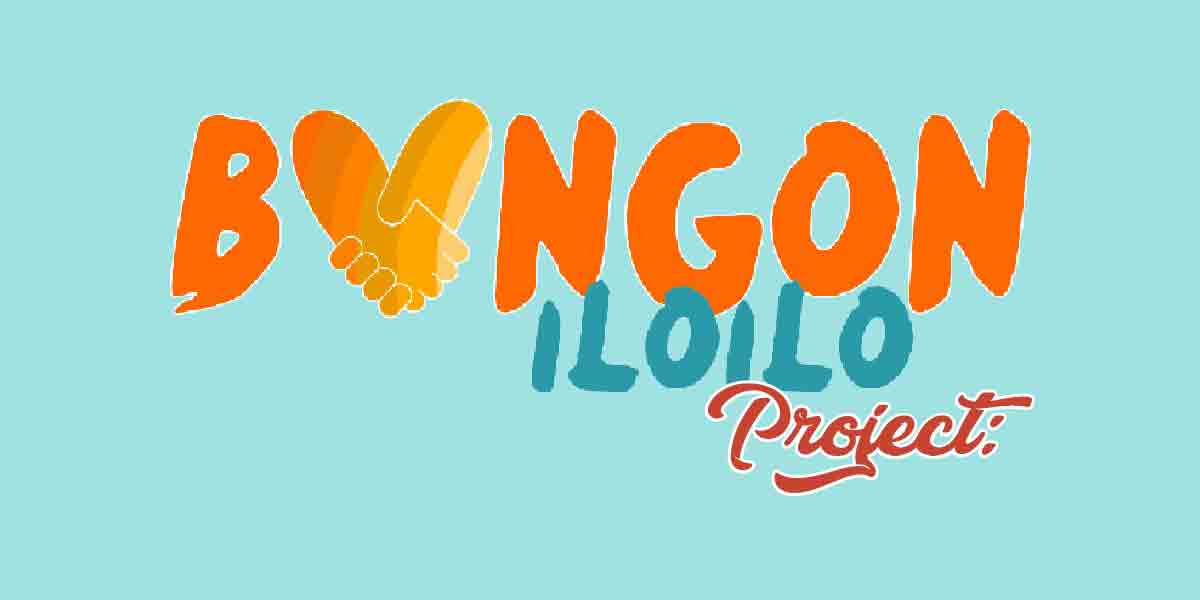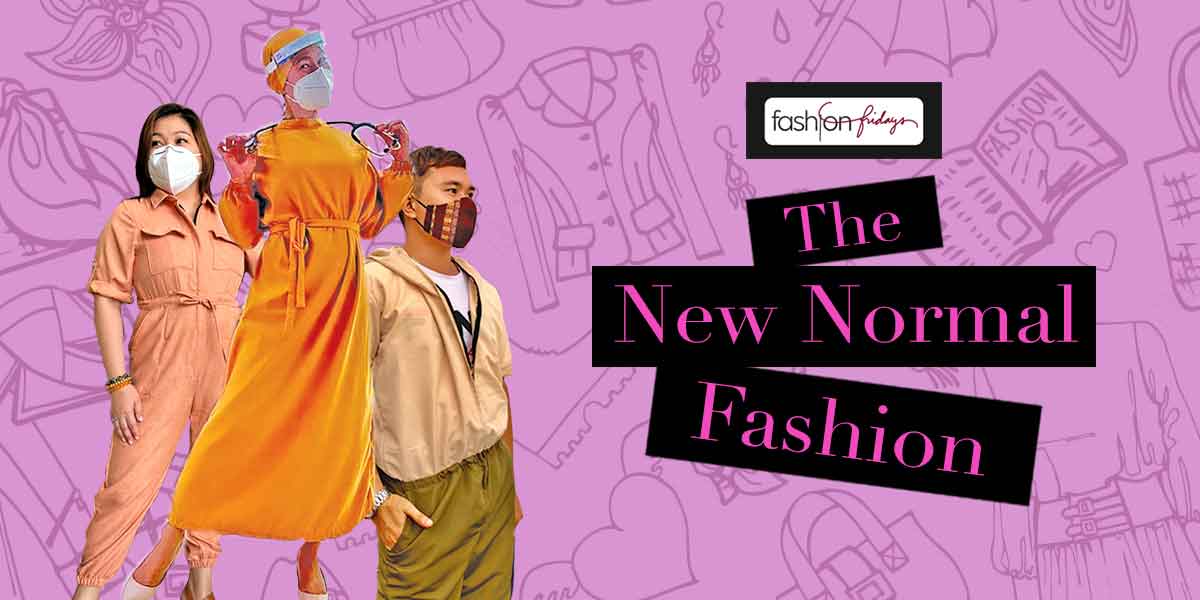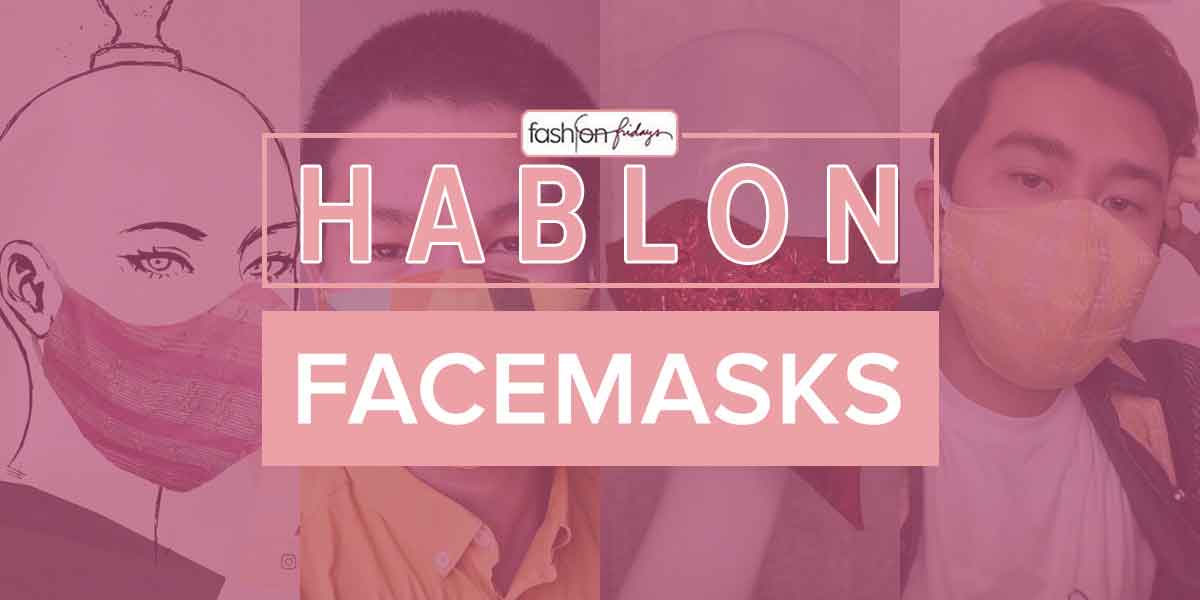
By Al Perlas Restar of Zero Day
When the news about the novel coronavirus exploded all over the world, an air of uncertainty, panic, and anxiety enveloped many communities. The spread of information was unprecedented, thanks to social media and the power of the internet, making more people aware of what is actually happening in ground zero. But so is the spread of misinformation, fearmongers, and fake news.
The global health community has never seen it before – the fast transmission of unverified information and rumors about a disease that even the scientific world still grapples with understanding. They have not experienced this kind of misinformation dissemination in global outbreaks like SARS, Mers-COV, and Zika. While these diseases have also caused a global panic back in the days, but it was never like the panic that COVID-19 brought.
That is when the first-ever documented case of “Infodemic” was born. The World Health Organization has formally coined the term on February 2 to describe the overabundance of information – both accurate and not – that makes it harder for people to find reliable and trustworthy sources or guidance that they need.
Not only that the World Health Organization is struggling to understand (and ultimately fight against) the new deadly disease that is intensifying in terms of infection and mortality rate; it is also focusing its energy in countering the social health implications of disinformation that spread and flourish at an alarming speed.
For its part, the WHO has been doing an excellent job of fighting against the global infodemic. It has partnered with Google, Facebook, Twitter, and even TikTok to shut down disinformation campaigns that are existing in the most popular social media platforms.
Google, in partnership with the WHO, has recently launched a system called the Google SOS alert, which pushes contents published directly in the World Health Organization’s website to the top of people’s search results for coronavirus-related queries. Facebook has also partnered with health agencies around the world to target populations and specific demographics with ads that provide essential health information. The social media platform even reached out to many Asian influencers and famous figures in hopes of countering the spread of fake news about the virus.
Even TikTok has aggressively removed purposely misleading videos and content, saying that they will not let misinformation harm members of their community.
But the noise is so loud, even the multi-sectoral effort of muting it down failed. As a result, harmful narratives were given birth, and xenophobic contents have flourished. Not only were Asians – including those who did not come from China – were subjected to coordinated online bullying, they were even harassed and discriminated against around the world.
The worst impact of infodemic, tho, comes in the form of more coronavirus infection. As people start to monger fear and chaos on social media and around the internet, more and more people – especially those who are not equipped on verifying the information they consume – changed their behavior. From societies that shoo orientals out of their space, they became a group of people who just don’t care. This is what happens when people become desensitized to the avalanche of information that used to bring anxiety and fear in their lives. They stop caring. No more face mask, no more alcohol, no more sanitizers, no more hygiene.
The continuous flow of information is only as good as the accuracy of the information that is flowing. While social media platforms and the internet provide an avenue for most people to access relevant information to protect themselves from danger, unfortunately, they are also vehicles for fearmongers to disseminate harmful content and narratives that put people at risk.
You are part of this system. It is your responsibility to make sure that you facilitate the flow of accurate information and not the proliferation of harmful content. End the chain of unverified and unreliable information on your screen and don’t share them with others unless you fact-check them. Learn how to positively contribute to the pool of knowledge and refuse to earn the fearmongers their monthly bonus. The war against the current infodemic is not over, and it will only intensify, but as long as you have the right tools and the consciousness to always verify the information you consume and share with others, the infodemic will not win.





















